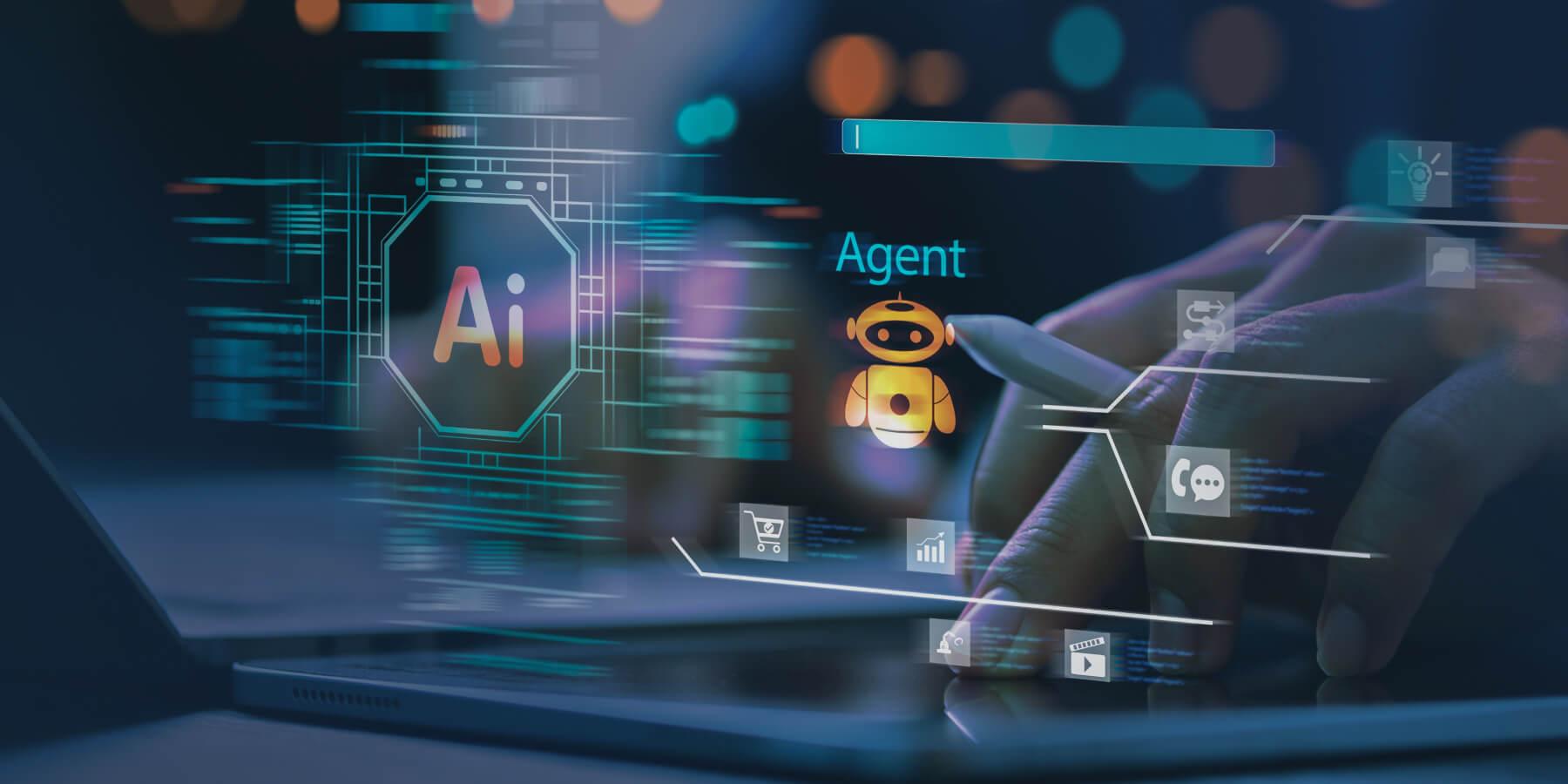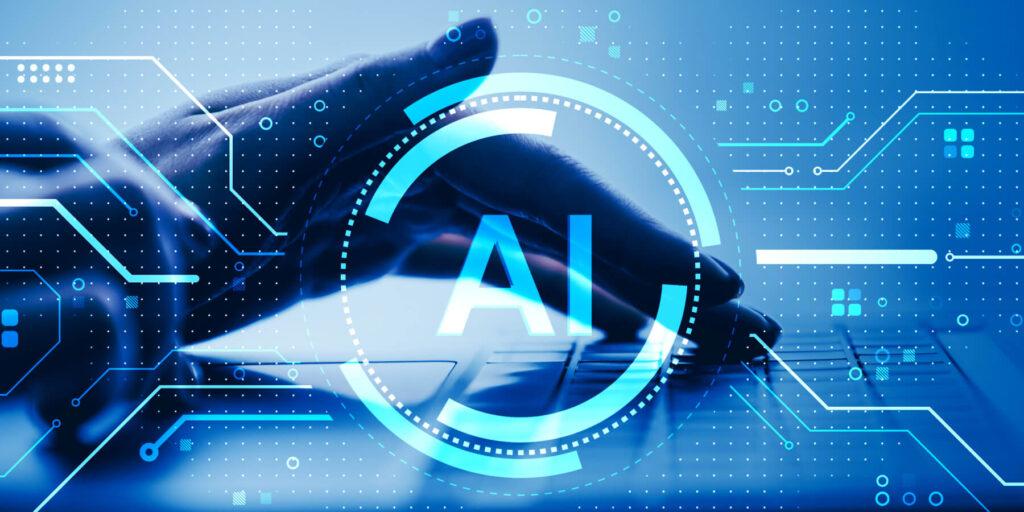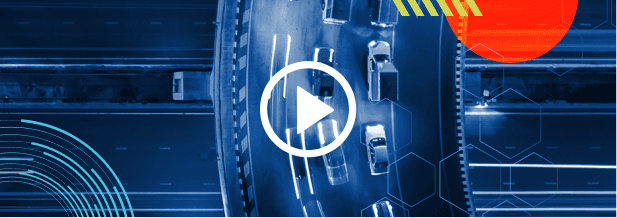
Adapting to AI: How early-career software testers can prepare for high-order work
AI won’t replace junior testers—it’ll elevate them. Learn to validate, strategize, and grow in the age of intelligent automation.

As artificial intelligence transforms the software development world, junior testers may find themselves asking: Where do I fit in?
The rapid adoption of AI tools across the software lifecycle is changing what entry-level testers are asked to do. That’s true from code generation to automated testing. But instead of eliminating opportunities, AI is shifting the career landscape, creating new expectations and valuable growth areas for testing professionals. According to Ben Simo, Principal Product Researcher at Tricentis, early-career testers should think of AI not as a replacement, but as a catalyst for developing deeper analytical and strategic skills.
“AI is very good at helping you get from nothing to something very quickly,” Simo said. “But the challenge is: once you have something, do you know if it’s right? Or are you in a worse place than before because the AI has distracted you with something that looks good but isn’t actually helpful?”
Don’t just trust AI, learn to check its work
One of the most important mindsets testers can adopt is skepticism. AI may generate a test suite, propose test data, or simulate a user flow. But depending upon the tool and the context, its suggestions aren’t guaranteed to be correct or relevant.
“Even when I’m writing code with tools like GitHub Copilot, I have to put on my tester hat,” Simo explained. “You need to be able to explain what you want clearly and then check its work along the way. You’re looking for the gaps, the flaws. That mindset of being a skeptic is absolutely key.”
This mindset is second nature to experienced testers, but for junior professionals, it’s a skill to develop deliberately, one that AI can help surface and sharpen. A recent Harvard Business Review article demonstrates how AI can expands an employee’s responsibilities and skill sets. Citing a study on GitHub Copilot, the article notes that, while AI can speed up routine coding tasks, it also demands more sustained strategic thinking from developers — leaving many more mentally taxed, not less. The same is true for testers: AI may handle repetitive work, but it pushes humans into roles that require greater judgment, planning, and oversight. work, but it pushes humans into roles that require greater judgment, planning, and oversight.
Learn to recognize when something’s wrong
While AI can generate a first draft of a test or analysis, human judgment still matters. That’s especially true, according to Simo, when it comes to identifying risk or ensuring the system behaves as intended.
“To use AI responsibly, it needs to be used by people who are capable of recognizing a problem when there’s a problem,” Simo said. “If you can’t recognize when it’s wrong, you can get into trouble very quickly.”
For junior testers, this means spending time learning the domain, understanding requirements, and seeing how systems behave under different conditions. It means not simply running tests but asking why things work (or don’t). AI can help new testers produce work faster, but this speed can become a trap if it outpaces their understanding.
“I don’t think AI will flatten the difference between junior and senior testers,” said Simo. “Because you still need to be able to recognize a problem. And that often comes from experience, from having made mistakes and learning how things fail.”
The best way to grow? Use AI as a learning partner, not a shortcut. Generate tests, but then validate them. Ask why certain test steps matter. Compare AI’s assumptions to your own. Let the gaps be your guide.
Seek strategic thinking early
AI will allow junior testers to adopt strategic thinking earlier in their careers. AI can handle repetitive tasks, but it’s less capable of navigating ambiguity, assessing risk, or understanding user impact.
“There’s a huge opportunity to go beyond just putting tests into a tool,” said Simo. “AI can help you with requirements analysis, test design, even communication — all the things that actually help you figure out what to test, not just how to do it.”
In other words, being “just a tester” who runs scripts is becoming less relevant. What matters now is your ability to ask the right questions, design the right tests, and think critically about what quality means in a given context.
Dr. Nicole Forsgren, DevOps expert and Microsoft Partner, raised a similar point about high-context thinking in a May 2025 fireside chat at Microsoft Build. Strategic AI use, she noted, is defined by its impact on an organization.
“In the next six months or a year, don’t think it will be if you used AI or not., Iit will be how much did you use AI?” she said. “Where in the development loop, inner and outer loop, was AI used and leveraged, and more importantly, how did it improve what we do? Not just in terms of volume and productivity, how can it improve value? How can it improve quality?”
Keep a user-centric view
As AI takes over more technical execution, one of the most valuable skills testers can develop is user empathy: the ability to think beyond the code and understand how real people will experience the software. This means looking at risk not just from a technical standpoint, but from a human one. Will this confuse users? Could it exclude someone? Might it cause harm if misunderstood? These are human-centric questions that AI can’t answer.
As Simo put it, “There’s technical risk, but then there’s also risk from the perspective of how this impacts our stakeholders, and potentially the general public.” In an AI-driven world, where systems behave less predictably, testers must serve as advocates for the user, asking not just “Does it work?” but “Is it safe, fair, and usable?”
“We still need people doing deep analysis — risk, technical, and user impact,” Simo said. “That’s not going away. If anything, AI makes that kind of thinking even more important.”
Want to learn more?
Watch our on-demand webinar, The future of testing is agentic: What does this mean for you? to hear more about AI’s impact on the testing industry.
To see AI-powered test automation in action, schedule a demo of Tricentis Tosca with one of our experts.


